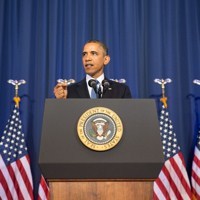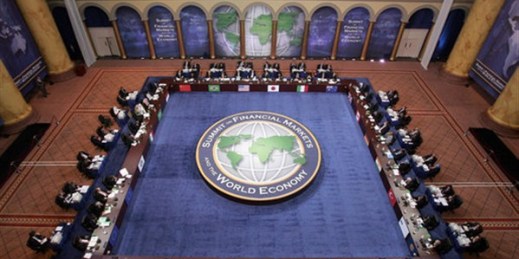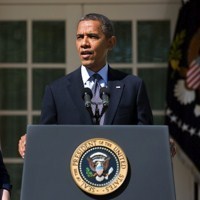
As the Obama administration grapples with what to do next in Egypt, it may be instructive to review the U.S. efforts of the past decade to bring about fundamental political and economic change in Egypt and the other countries of the greater Middle East. The events of 9/11 were a deadly wake-up call to Washington that the status quo in the region—the perpetuation of sclerotic autocracies that provided no meaningful outlet for the economic and political aspirations of the populace—was not sustainable. Indeed, Secretary of State Condoleezza Rice was later to note—in June 2005, speaking in Cairo, no less—that “For […]












